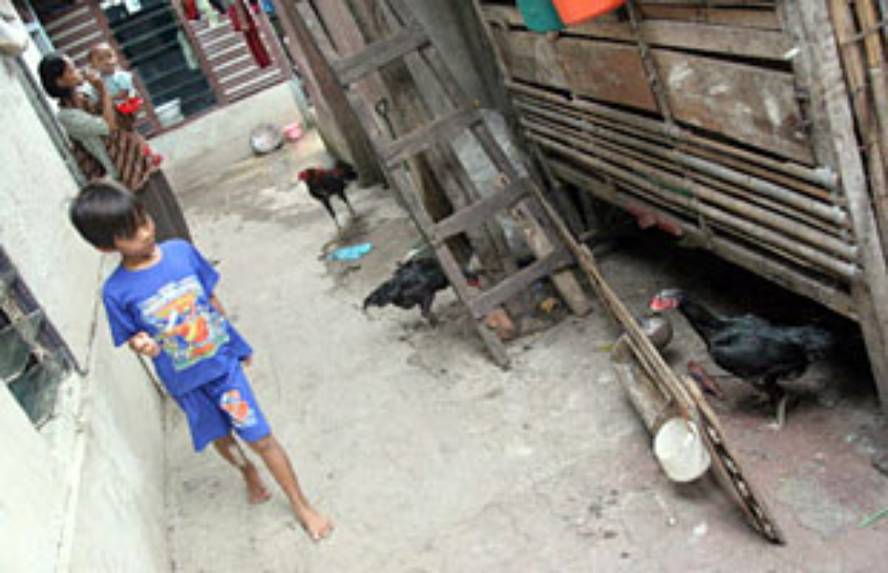The H5N1 virus problem: experts meeting in Geneva called by WHO have shown support for delaying publications and providing comprehensive research
The World Health Organization (WHO) has published a note in which it has stated that “they have reached a consensus on the cause of recent H5N1 flu viruses” on two topics: extending the provisional moratorium to avoid investigating with new laboratory modified H5N1 viruses and recognizing the need to continue investigating with spontaneous H5N1 viruses to protect public health. They also agreed that “delaying the publication of the research and publishing it in its entirety will result more in benefit of public health than in its partial publication now by urgency.”
Therefore, those gathered under the protection of WHO have not joined the request of the US government. The U.S. government, recommended by the Advisory Council on Biosafety (CSIC), requested on December 30 that two investigations carried out with the H5N1 flu virus will not publish the complete results. One of the investigations was carried out at the Erasmus medical research center in Rotterdam: a variant of the H5N1 virus that was created by mutation was able to infect it in ferrets without losing virulence. Ferrets are the best example to conduct human flu studies that spread through the airways, and the result was worrying because it implied that the H5N1 virus of birds could be more likely to cause a pandemic of flu among humans. In the other research, conducted in the United States at the University of Wisconsin-Madison, similar results were obtained.
Both research should be published in the journals Science and Nature respectively. For the U.S. government, however, the full publication of the research papers was not safe and in December they were asked not to publish information on the methodology. Following the request, there was an intense debate among the researchers of the flu: where is the point of equilibrium between security and freedom of investigation, if it exists?
The Geneva meeting was the result of the joint letter published on 20 January by the leaders of both research groups and other researchers. The letter was granted a two-month voluntary moratorium on their investigations and a meeting was convened to address the matter through WHO. It was held from 16 to 17 February and a group of experts met on the subject, among which were the leading researchers of the cause, and representatives of the WHO, of the journals Nature and Science, which recommended limiting the publication of the investigations.






